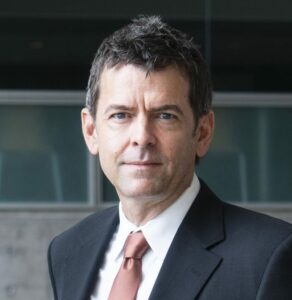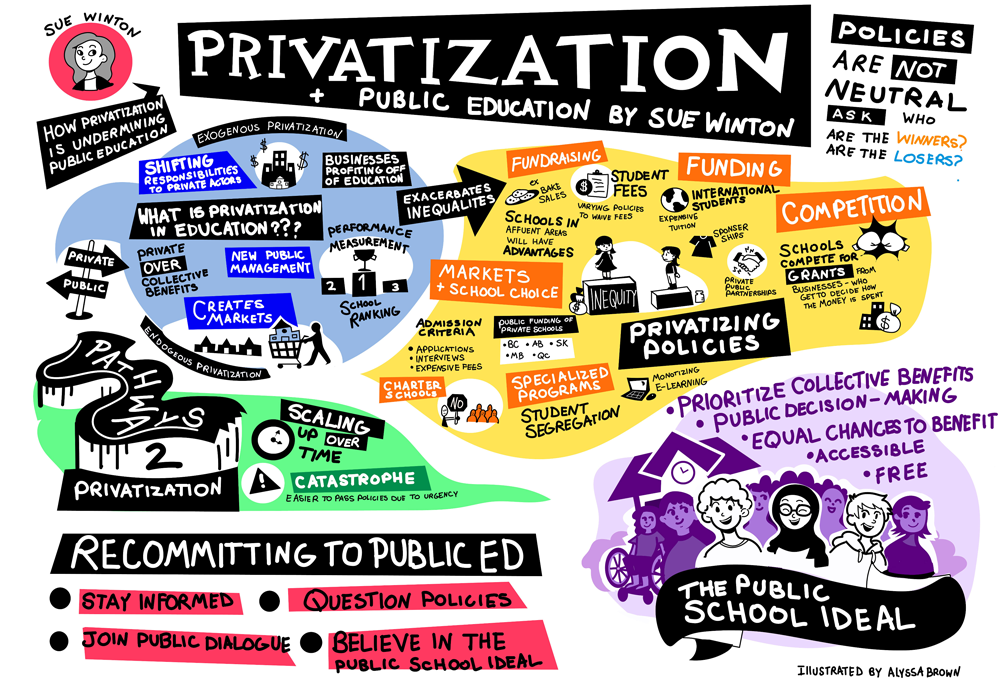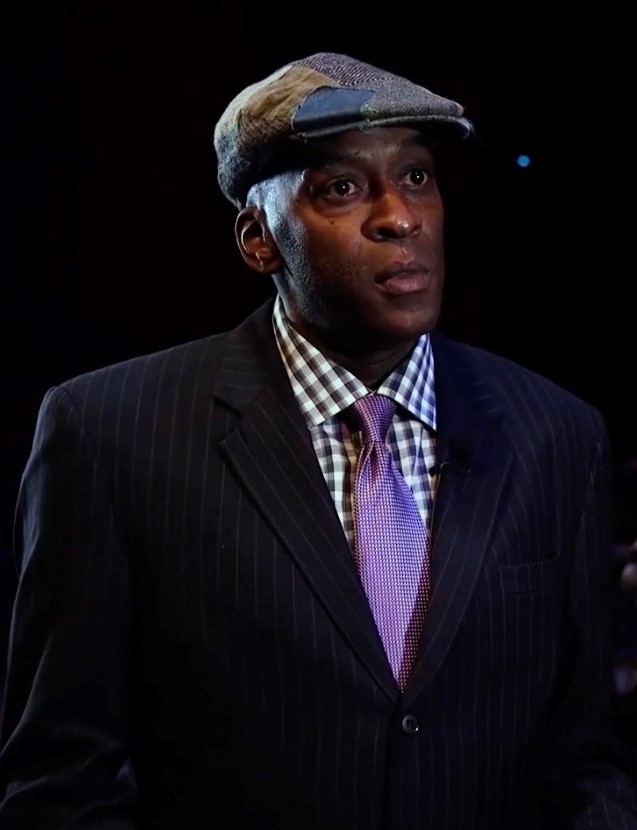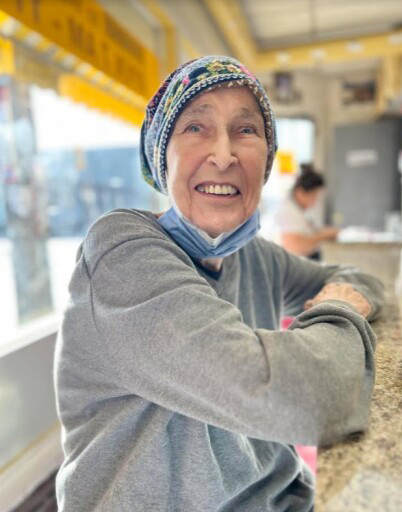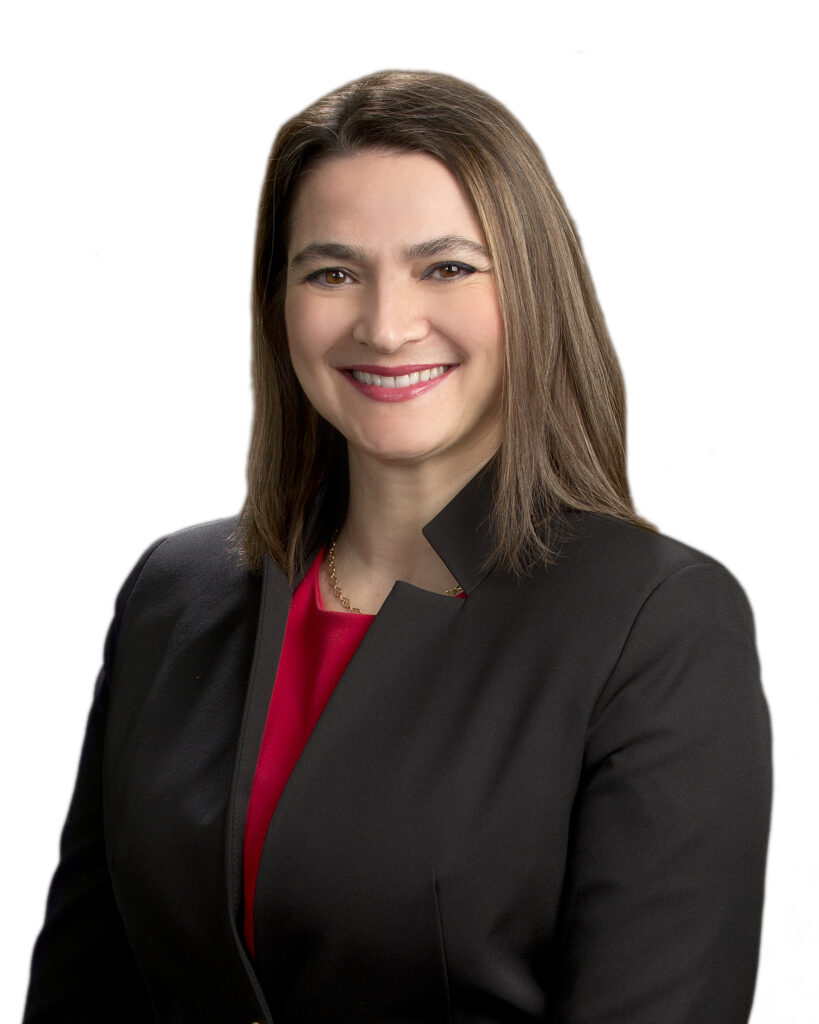The late professor David V.J. Bell, former dean of York University’s Faculties of graduate studies and environmental studies, had a passion, commitment and dedication to sustainability and education that left a lasting imprint on policymakers, educators and youth across Canada and abroad.
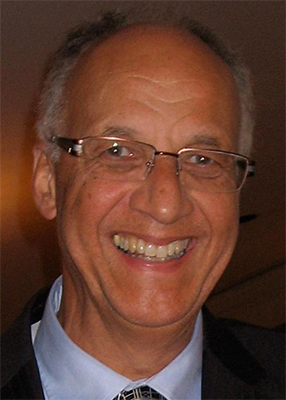
Honouring his legacy, the Annual Dr. David V.J. Bell Memorial Lecture is intended to help bridge the gap between research and what is practised in educational institutions by identifying Canadian thought leaders to share their insights on education for sustainable development as it applies to policy, teacher education and practice, and student empowerment.
This year, the Fifth Annual Dr. David V.J. Bell Memorial Lecture, hosted by national charity Learning for a Sustainable Future in partnership with York’s Faculty of Environmental & Urban Change, features keynote speaker Elin Kelsey presenting a talk titled “How to be hopeful in a world of doom: the practice of evidence-based hope.” The virtual lecture will take place on Wednesday, Feb. 28 at 7 p.m. via Zoom.

Kelsey is an adjunct faculty member at the University of Victoria School of Environmental Studies and Western Washington University’s School of Environment. She is also an award-winning author, speaker and thought leader for the evidence-based hope and climate justice solutions movement, helping people to believe that desired change is possible. Her work focuses on the reciprocal relationship between humans and the rest of nature, particularly in relation to the emotional implications of the narrative of environmental doom and gloom on children and adults
To register for the lecture, visit lsf-lst.ca/forms/dvj-lecture-registration. Details on how to join the session will follow.
For further information about the event, email elaine@LSF-LST.ca. To learn more about the keynote speaker, visit elinkelsey.org.




